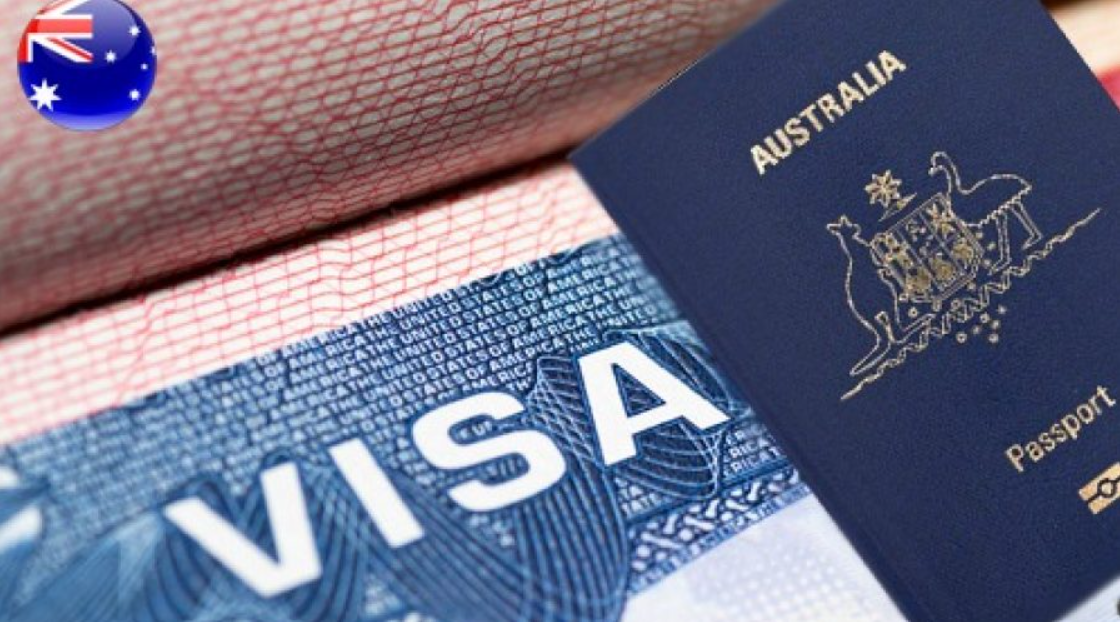Australia implements regulations to reduce “visa hopping” of Int’l students effective July 1

The Australian government has implemented stricter regulations to curb “visa hopping” among international students, with changes set to take effect from July 1.
‘Visa hopping’ refers to when temporary visa holders continuously extend their stay by applying for other visa classes.
The move comes as part of Australia’s effort to put an end to this practice where international students prolong their stay in the country by transitioning from one temporary visa to another.
The strategy highlighted that the number of international students remaining in Australia on a second or subsequent student visa increased by over 30% to more than 150,000 in the 2022–23 period.
This initiative is part of Australia’s broader strategy to curtail the practice of international students extending their stays by continuously transitioning from one temporary visa to another and ensuring that visas are granted only to genuine students, thereby supporting the nation’s economic development.
Under the newly implemented regulations, certain temporary visa categories, including those holding Temporary Graduate, Visitor, and Maritime Crew visas, will now be prohibited from applying for Student visas while inside Australia.
Visa classes affected by the modification
The modifications detailed in the government’s new Migration Strategy aim to eliminate existing loopholes and address the issue of visa hopping, particularly among former international students who remain in Australia on temporary visas indefinitely.
The visas impacted by this policy change include:
- Temporary Graduate visa
- Visitor visa
- Electronic Travel Authority visa
- Medical Treatment visa
- eVisitor visa
- Transit visa
- Diplomatic Temporary visa
- Temporary Work visa (International Relations)
- Domestic Worker (Temporary) visa
Holders of the Temporary Graduate visa are now encouraged to either leave Australia or secure skilled employment and look into other visa options that may lead to permanent residency.
Those with Visitor visas who wish to study in Australia must now apply for a Student visa from outside the country.
Additionally, as part of these regulatory changes, the financial requirements for student visas were adjusted in May. The minimum savings needed increased from AUD 24,505 ($16,146) to AUD 29,710 ($19,576).
What the Minister said
The Minister for Home Affairs and Cyber Security, Clare O’Neil said:
“The migration system we inherited was completely broken, and our goal is to build a smaller, better planned, more strategic migration system that works for Australia.
“Our Migration Strategy outlines a clear plan to close the loopholes in international education and this is the next step in delivering that plan.
“We need a migration system which delivers the skills we need, but doesn’t trade in rorts, loopholes and exploitation.”
What this means
This requirement has prevented thousands of students from transitioning from one student visa to another without credible course progression.
These measures are part of a broader suite of over a dozen policies designed to enhance the integrity of the international student system, including the termination of unrestricted work rights and the previous Government’s COVID visa.
- Firstly, holders of Visitor Visas will no longer be eligible to apply for Student Visas while inside Australia.
- This pathway, which saw over 36,000 applications from 1 July 2023 to the end of May 2024, has been increasingly used.
- This step eliminates a route that was exploited to circumvent the Government’s robust offshore student visa integrity measures.
- Secondly, holders of Temporary Graduate Visas will also be barred from applying for Student Visas onshore.
- According to the Grattan Institute’s recent “Graduates in Limbo” report, 32% of Temporary Graduate Visa holders return to study as their visas expire to extend their stay in Australia.
- This modification underscores the expectation that graduates should secure skilled employment and transition to permanent residency or leave the country, rather than becoming ‘permanently temporary.’
- These changes align with additional modifications set to take effect for Temporary Graduate visa holders on 1 July which includes markedly reduced post-study work rights
- It also includes a lower age limit reduction from 50 to 35 years, and heightened English language requirements introduced in March.



